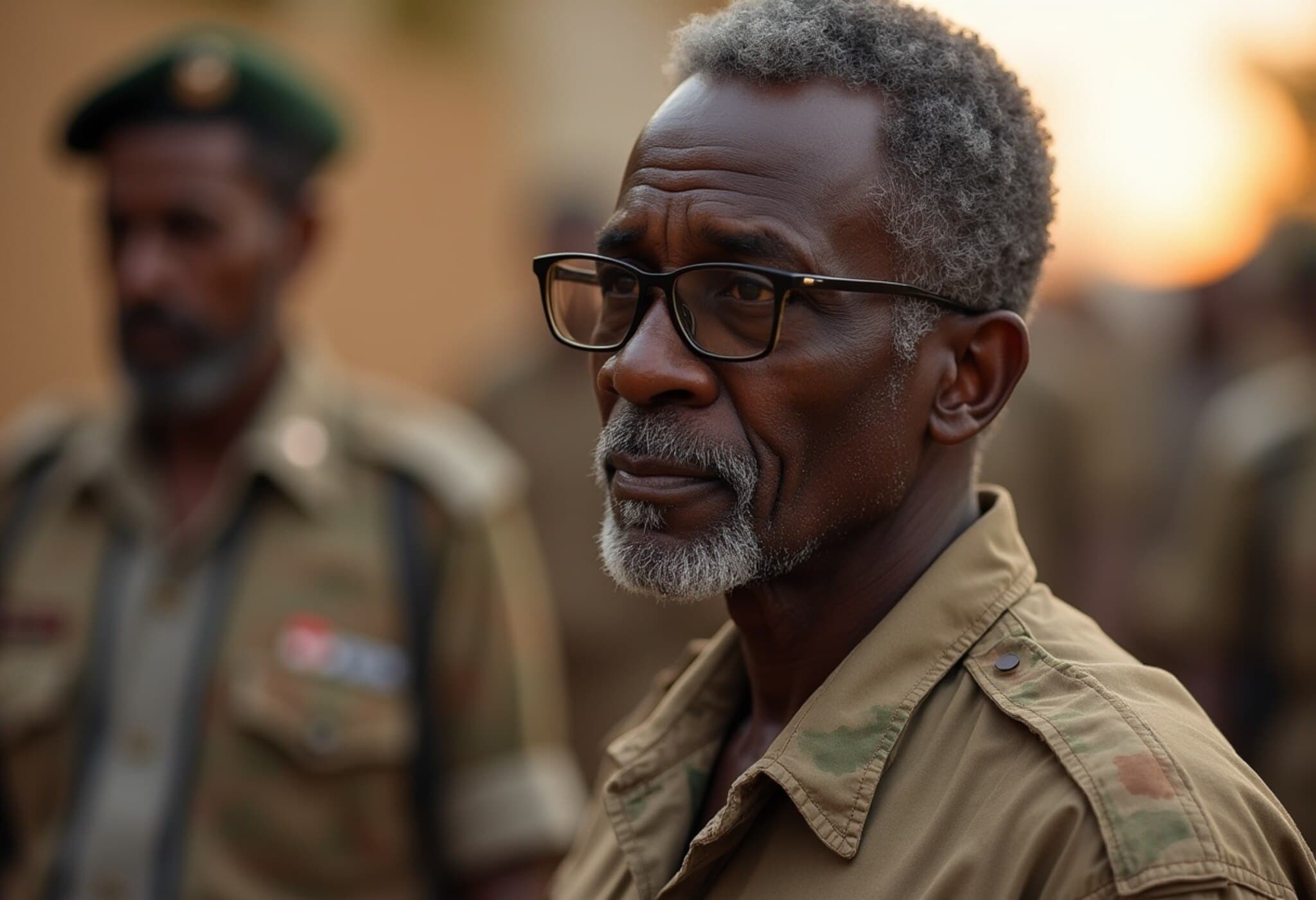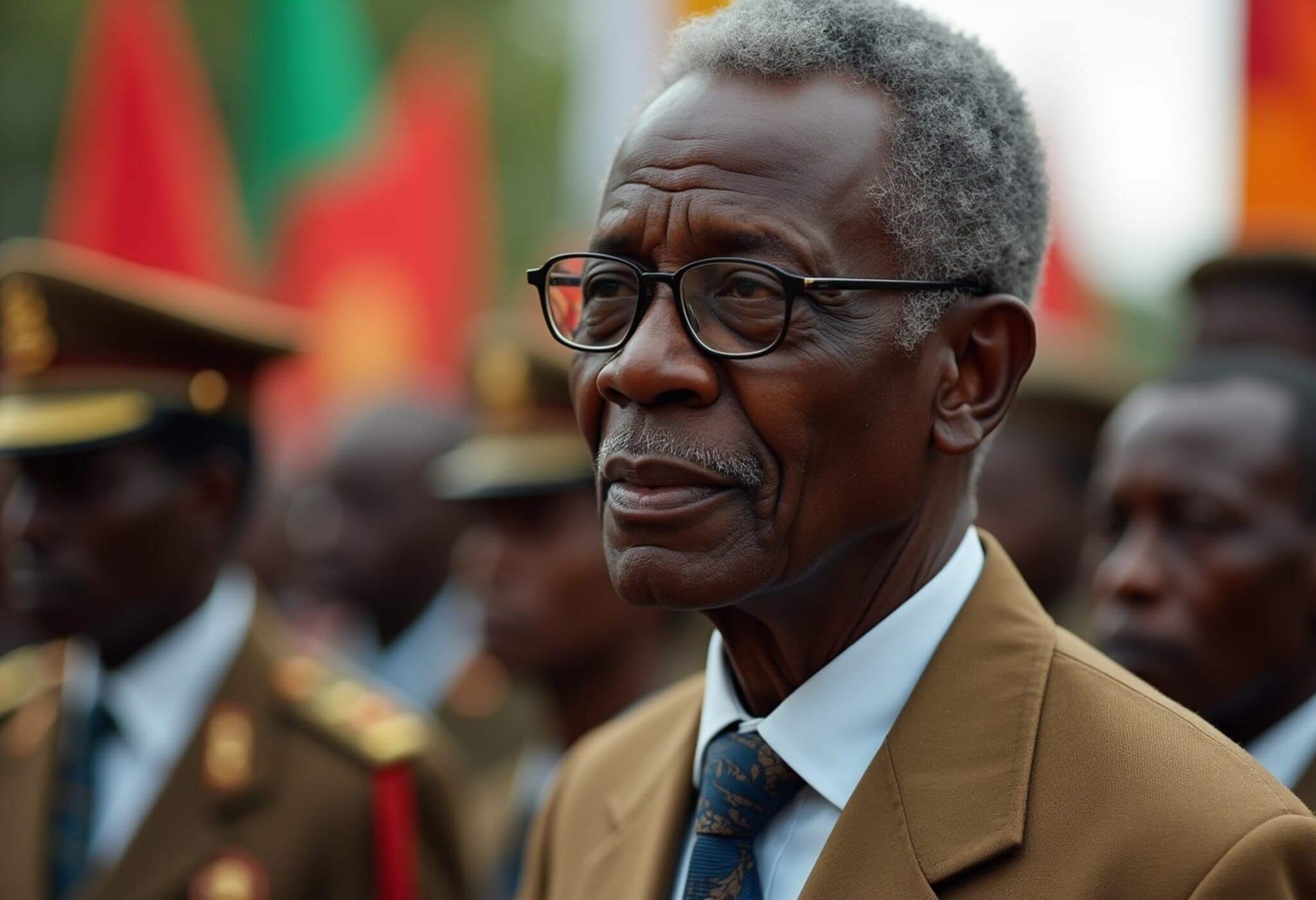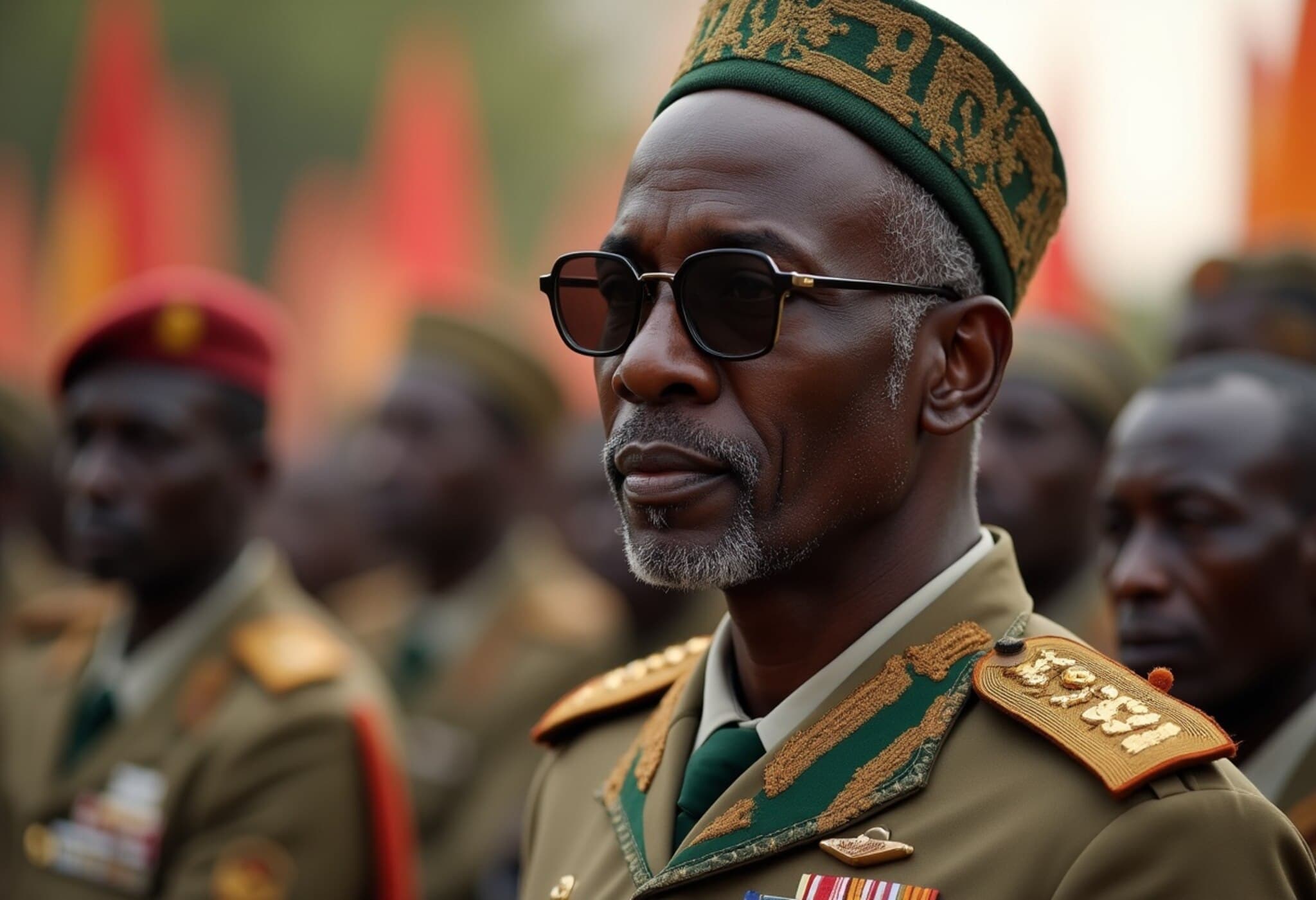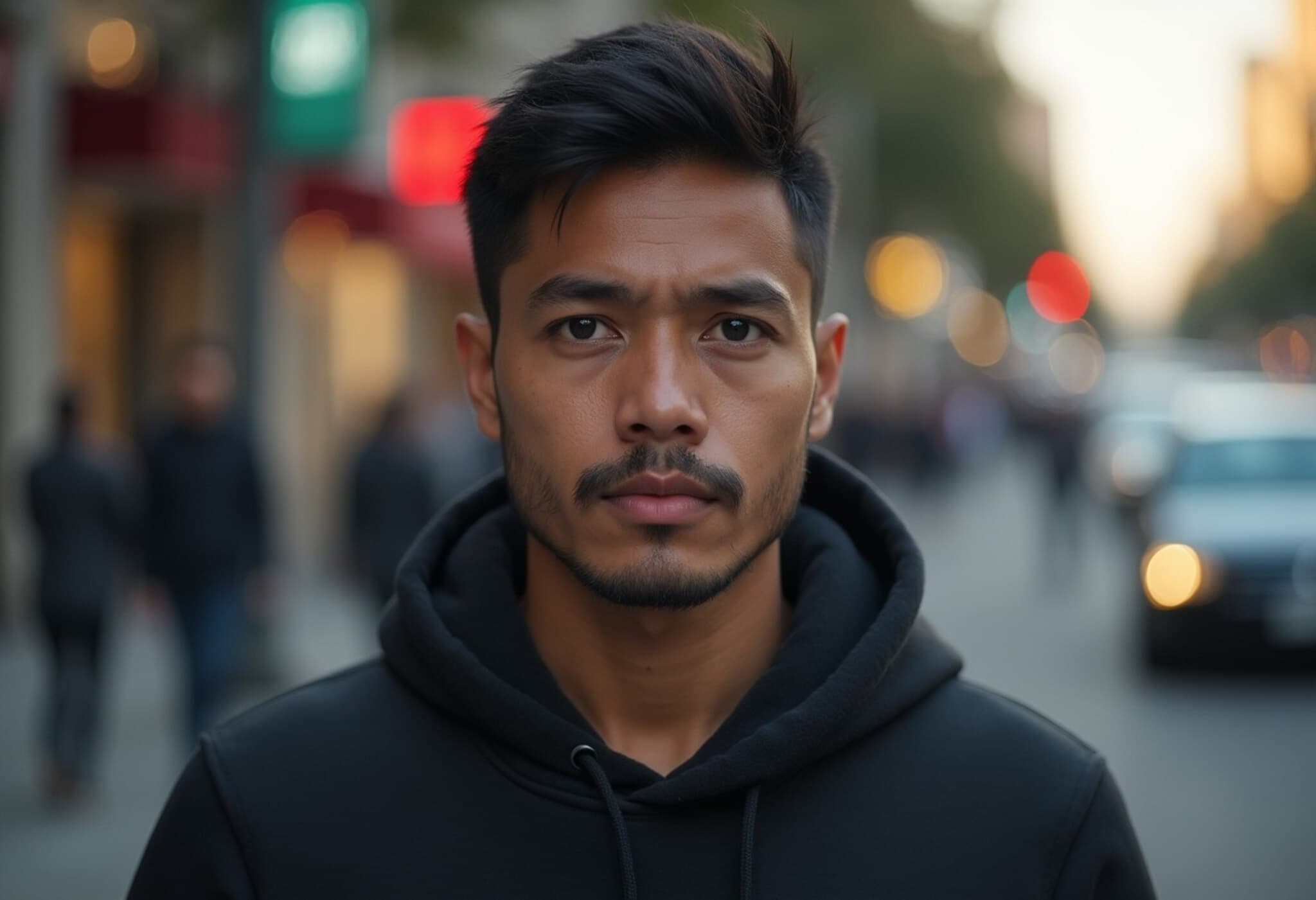Ex-Malian Prime Minister Faces Charges for Social Media Post Criticizing Military Regime
In a striking demonstration of the tense political atmosphere in Mali, former Prime Minister Moussa Mara has been detained and formally charged after publicly criticizing the military-led government via social media. His arrest shines a harsh light on the shrinking democratic freedoms under the rule of Colonel Assimi Goita, who seized power in successive coups and is now emboldened with an extended mandate.
Background: Military Takes Firm Control Amidst Conflict
Mali, a West African nation grappling with years of jihadist insurgency and political instability, has seen a dramatic erosion of its democratic institutions. Following military coups in 2020 and 2021, Goita’s junta has steadily consolidated power, dissolving political parties and securing a five-year term without elections. This move, approved last month, has drawn criticism from opposition figures, civil society, and international observers alike.
Moussa Mara’s Defiance and Legal Troubles
Mara, one of the few outspoken public officials willing to challenge the junta’s authority, recently made a viral post expressing solidarity with jailed government critics. His words resonated with many Malians concerned about the country's democratic backsliding. However, his stance led to repeated summons by authorities and ultimately his arrest.
- July 4: Posted critical message on social media.
- July 21: Barred from traveling to Senegal for a peace and security conference.
- August 2: Detained and charged by judicial cybercrime unit.
His lawyer, Mountaga Tall, announced the charges include undermining state credibility and spreading false information. The trial is now scheduled for September 29. As Mali’s government remains silent publicly, this case spotlights the increasingly perilous environment for dissenting voices.
Security Crisis Compounds Political Repression
At the same time the political space tightens, Mali faces escalating violence from jihadist groups. Jama’at Nusrat al-Islam wal-Muslimin (JNIM) – tied to al-Qaeda – has intensified deadly attacks across Mali, Burkina Faso, and Niger. Their sophisticated tactics, including raids, kidnappings, and taxation of communities, continue to destabilize the region.
Just days before Mara’s arrest, JNIM claimed responsibility for ambushing a military convoy alongside Russian mercenaries in central Mali. The attack underlines the severe challenges Malian security forces confront in maintaining control outside the capital.
Expert Insight: The Implications of Repressing Political Opposition in Fragile States
From a policy analysis perspective, Mara’s arrest is not just a local incident but emblematic of a broader pattern observed in fragile democracies transitioning to authoritarian control. Such acts of repression often deepen public mistrust in governance and can fuel cycles of instability and insurgency. Moreover, shutting down dissent risks isolating Mali further from international partners vital to its security and development.
Legal experts note that charging individuals over online expressions raises troubling questions about freedom of speech and due process. Even from a security standpoint, engagement with opposition voices can serve as early warning signals and avenues for peaceful dialogue to counter extremist narratives.
What Lies Ahead?
Mali stands at a crossroads: continue down the path of suppressing opposition and risking further instability or take meaningful steps toward restoring democratic governance and inclusivity. The international community closely watches Mara’s trial as a barometer of Mali’s political trajectory.
For Mali's citizens, the stakes could not be higher. As the country battles insurgency and political repression simultaneously, the tension between security and rights protection defines its immediate future.
Editor’s Note
The detention of Moussa Mara underscores the persistent struggle between authoritarian impulses and democratic aspirations in Mali. While security challenges are undeniable, they must not become a carte blanche for silencing political opposition and curtailing freedoms. Readers are encouraged to reflect on the complex balance between maintaining stability and protecting civil liberties, especially in regions afflicted by conflict. How should international actors engage with such dilemmas without compromising Mali’s sovereignty? What mechanisms can ensure online spaces remain open for critical discourse in fragile states? These questions remain urgent as Mali’s political landscape evolves.












